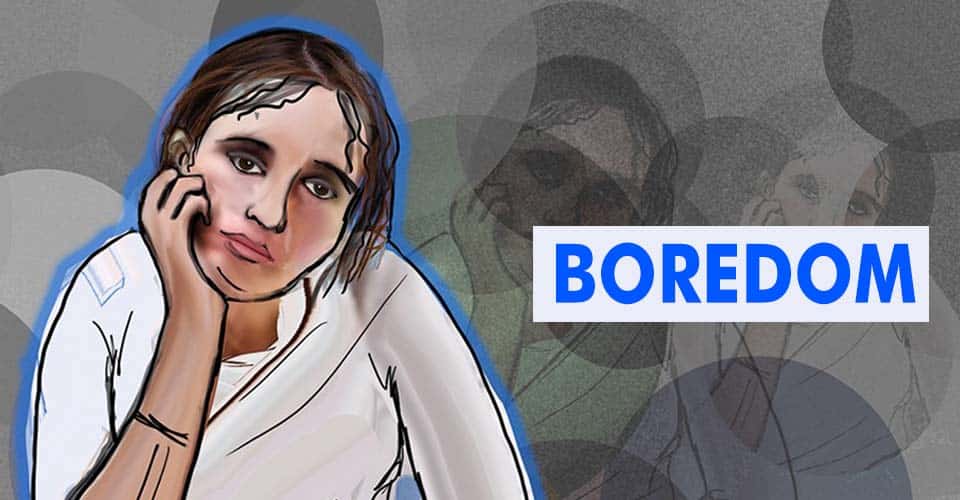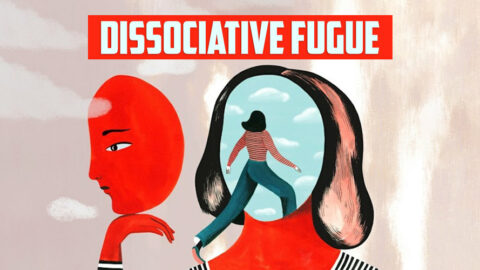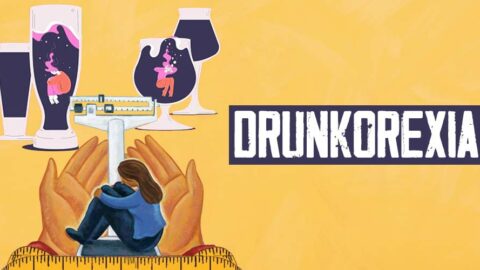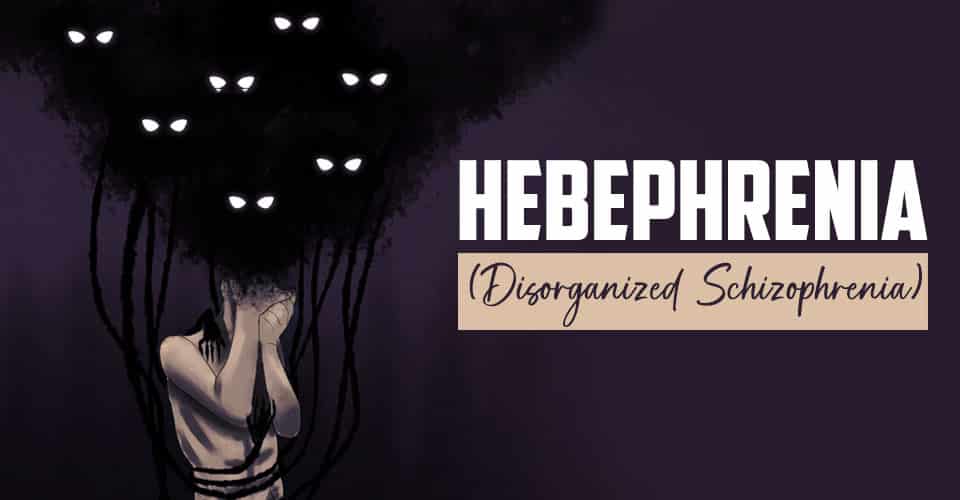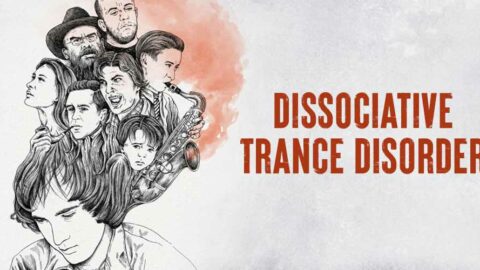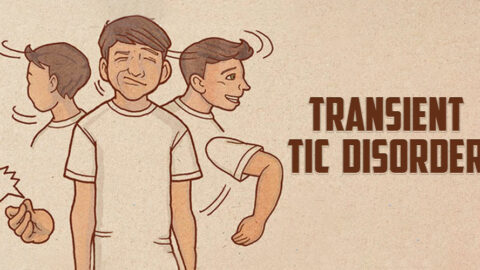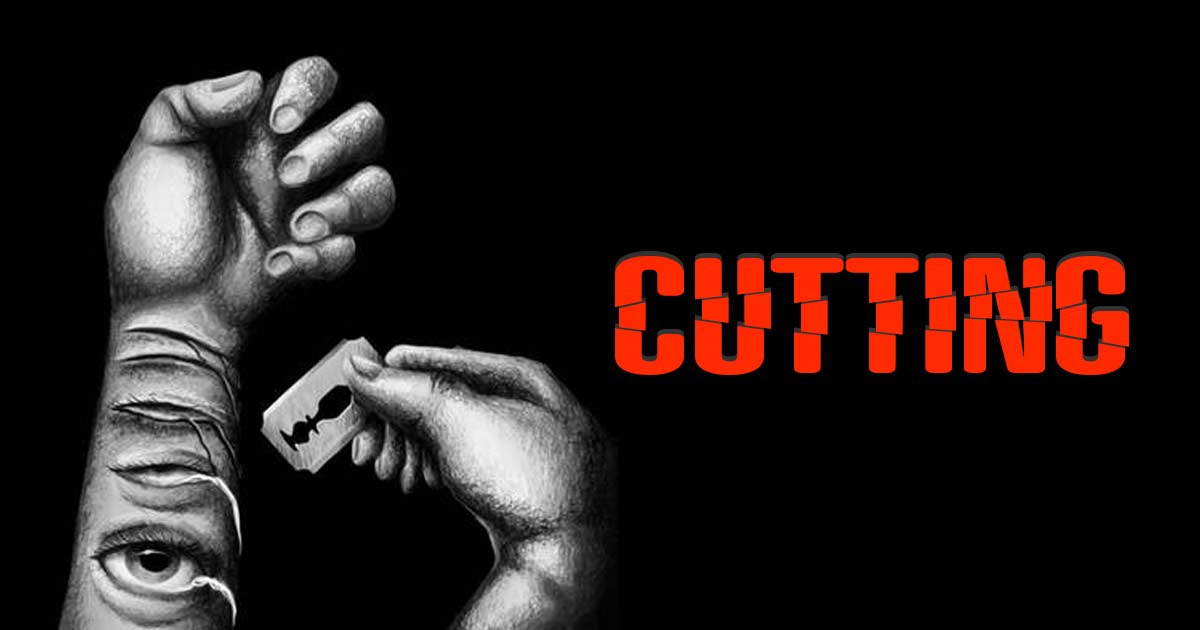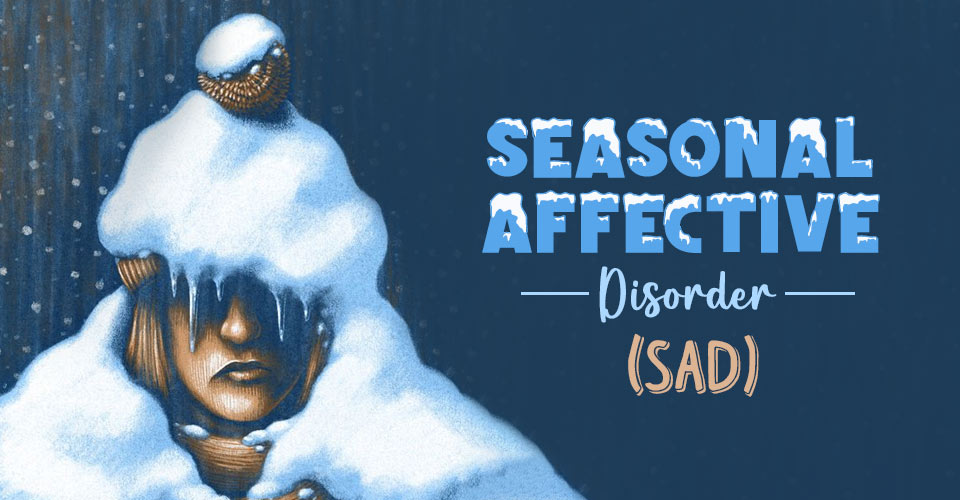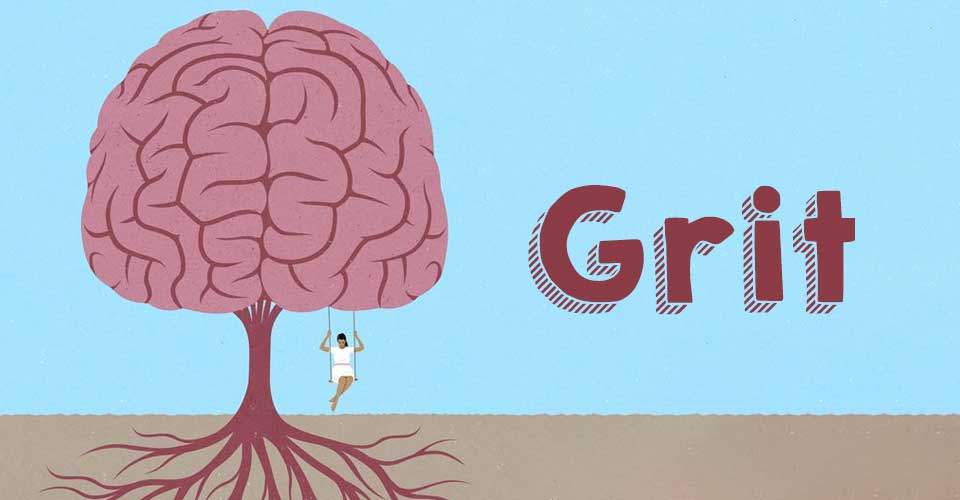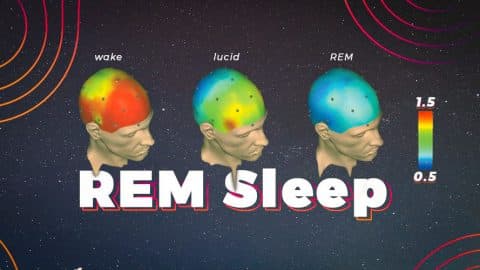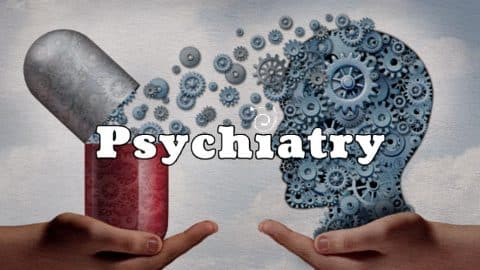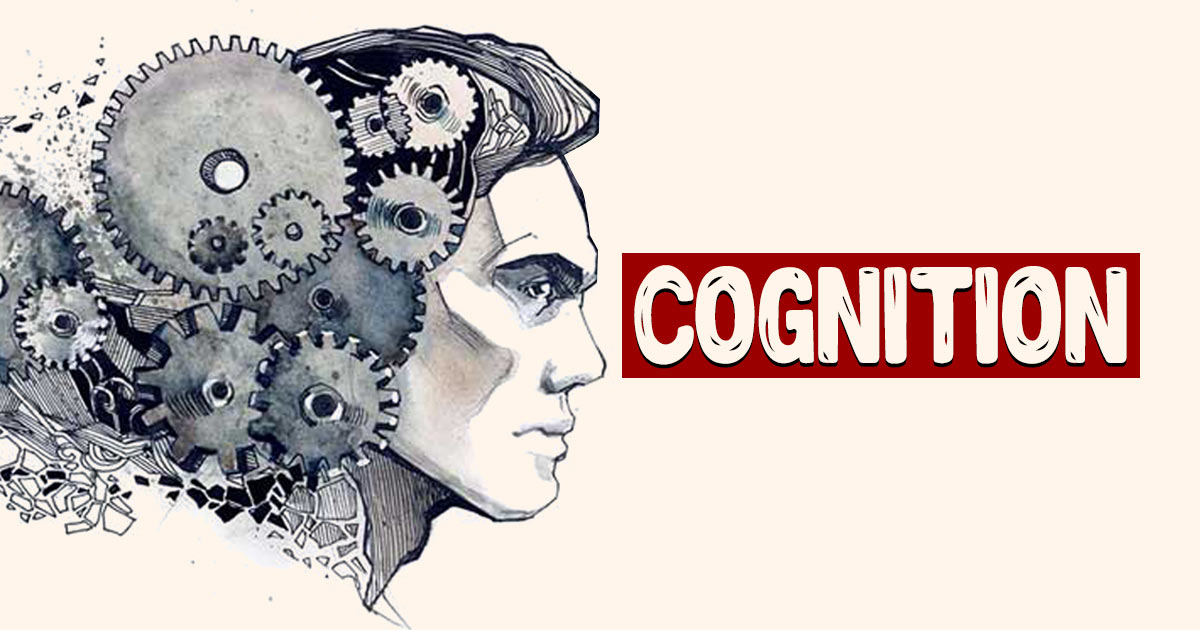Boredom is a common experience that can impact our overall well-being. While it is a temporary state tied to attention, perception, memory, and creativity, chronic boredom can have negative effects on our mental health, potentially leading to the signs of stress, anxiety, and depression.
What Is Boredom?
Boredom is a common human experience characterized by a state of dissatisfaction, restlessness, or weariness 1 van Hooft, E. A. J., & van Hooff, M. L. M. (2018). The state of boredom: Frustrating or depressing?. Motivation and emotion, 42(6), 931–946. https://doi.org/10.1007/s11031-018-9710-6 resulting from a lack of mental or physical stimulation. It is often described as a feeling of monotony, tedium, or disinterest in one’s surroundings or activities.
Boredom can occur when individuals find their current situation unstimulating or unengaging, leading to a desire for something more exciting or meaningful. There are both positive and negative effects of boredom in our daily lives.
Examples 2 Gerritsen, C. J., Toplak, M. E., Sciaraffa, J., & Eastwood, J. (2014). I can’t get no satisfaction: potential causes of boredom. Consciousness and cognition, 27, 27–41. https://doi.org/10.1016/j.concog.2013.10.001 of boredom can vary widely and depend on individual preferences and circumstances. It can arise from repetitive tasks, long periods of inactivity, unchallenging or unfulfilling activities, or situations where one feels isolated or disconnected.
For instance, a student sitting through a lecture that fails to capture their attention may experience boredom. Similarly, a person waiting in a long queue or enduring a tedious commute may feel bored due to the lack of engagement or stimulation.
Prevalence of boredom
The prevalence of boredom proneness in the global population varies, with some studies suggesting that around 15-30% of individuals frequently experience boredom 3 Bench, S. W., & Lench, H. C. (2013). On the function of boredom. Behavioral sciences (Basel, Switzerland), 3(3), 459–472. https://doi.org/10.3390/bs3030459 . It’s worth noting that boredom proneness is a personality trait rather than a mental health disorder, influencing how individuals perceive and respond to their surroundings.
Signs Of Boredom
Some common 4 Tam, K. Y. Y., van Tilburg, W. A. P., & Chan, C. S. (2021). What is boredom proneness? A comparison of three characterizations. Journal of personality, 89(4), 831–846. https://doi.org/10.1111/jopy.12618 physical and behavioral signs of boredom include:
- Lack of energy or lethargy
- Slumping or poor posture
- Restlessness or fidgeting
- Heavy sighing
- Yawning
- Excessive daydreaming or zoning out
- Engaging in repetitive or mindless behaviors (e.g., tapping fingers, clicking pens)
- Checking the time frequently
- Distractedness or difficulty concentrating
- Seeking constant external stimulation (e.g., scrolling through phone, changing TV channels, eating snacks)
- Expressing dissatisfaction or complaining about the current situation
- Expressing a lack of interest or enthusiasm in activities or conversations
Types Of Boredom
Research 5 Watt, J. D., & Vodanovich, S. J. (1992). Relationship between boredom proneness and impulsivity. Psychological reports, 70(3 Pt 1), 688–690. https://doi.org/10.2466/pr0.1992.70.3.688 attributes the 5 types of boredom to the following:
1. Indifferent Boredom:
This type of boredom is characterized by a general lack of interest or engagement in one’s surroundings. Individuals experiencing indifferent boredom may feel apathetic, unstimulated, and disinterested in activities or interactions.
2. Reactant Boredom:
Reactant boredom occurs when individuals feel restricted or constrained by their current situation or environment. They may experience a sense of frustration, restlessness, or rebellion due to perceived limitations or lack of autonomy.
3. Searching Boredom:
Searching boredom arises when individuals actively seek out something more stimulating or engaging to alleviate their feelings of boredom. They may engage in restless exploration, constantly looking for new activities or experiences to overcome their sense of dissatisfaction.
4. Apathetic Boredom:
Apathetic boredom involves a state of disinterest and low arousal. Individuals experiencing apathetic boredom may feel listless, emotionally detached, and unmotivated to engage in any activities or pursue interests.
5. Existential Boredom:
Existential boredom stems from a deeper sense of meaninglessness or purposelessness in life. It is often associated with introspection and questioning the significance of one’s existence, leading to a sense of existential emptiness or restlessness.
What Are The Causes Of Boredom?
Boredom can occur due to various factors 6 Afellat, F. Z., Abdalla, M. J., & Alipour, H. (2021). The impact of boredom on the attitudes and behaviours of edutourists during the era of COVID-19 and the mediating role of psychological distress. Tourism management perspectives, 40, 100885. https://doi.org/10.1016/j.tmp.2021.100885 . Some common causes of boredom include a lack of stimulation or novelty in the environment, repetitive or unchallenging tasks, insufficient mental or physical engagement, unfulfilling or monotonous activities, feeling disconnected or isolated, and a mismatch between one’s interests and the current situation. It can also arise when individuals feel a lack of control or autonomy, or when they are unable to find meaning or purpose in their activities.
How Boredom Affects Mental Health
Boredom can have significant effects on mental health 7 Tam, K. Y. Y., Chan, C. S., van Tilburg, W. A. P., Lavi, I., & Lau, J. Y. F. (2023). Boredom belief moderates the mental health impact of boredom among young people: Correlational and multi-wave longitudinal evidence gathered during the COVID-19 pandemic. Journal of personality, 91(3), 638–652. https://doi.org/10.1111/jopy.12764 by impacting mental functioning and contributing to mental fatigue, thereby negatively affecting an individual’s overall well-being:
1. Impaired Mental Functioning:
Boredom can impair cognitive processes such as attention, concentration, and memory. When individuals are bored, they may struggle to maintain focus, leading to decreased productivity and difficulty completing tasks efficiently. Boredom can also hinder creativity and problem-solving abilities, limiting cognitive flexibility and inhibiting the generation of new ideas.
Read More About Attention Here
2. Mental Fatigue:
Prolonged or chronic boredom can lead to mental fatigue. The feeling of weariness and monotony associated with boredom can drain mental energy, leaving individuals feeling mentally exhausted and drained. This mental fatigue can trigger forgetfulness—making it challenging to engage in activities, think clearly, and perform cognitive tasks effectively.
3. Negative Thought Patterns:
Boredom can give rise to negative thought patterns and emotions. When individuals are bored, they may experience increased levels of frustration, irritability, and restlessness. They may dwell on negative thoughts, such as dissatisfaction with their current situation or a sense of meaninglessness, which can contribute to feelings of sadness, anxiety, or even symptoms of depression 8 Tam, K. Y. Y., Chan, C. S., van Tilburg, W. A. P., Lavi, I., & Lau, J. Y. F. (2023). Boredom belief moderates the mental health impact of boredom among young people: Correlational and multi-wave longitudinal evidence gathered during the COVID-19 pandemic. Journal of personality, 91(3), 638–652. https://doi.org/10.1111/jopy.12764 .
Read More About Depression Here
4. Impact on Well-being:
Boredom can have a detrimental impact on an individual’s overall well-being. The persistent sense of dissatisfaction and disengagement associated with boredom can diminish one’s quality of life and subjective happiness. This, inturn, may enhance the risk of several mental health disorders like:
- Substance use disorder
- Alcohol use disorder
- Gambling disorder
- Internet and social media addiction, etc.
Read More About Gambling Disorder Here
Boredom can also contribute to feelings of apathy, reduced motivation, and a lack of fulfillment in personal and professional endeavors, negatively affecting an individual’s overall sense of well-being and life satisfaction.
How Poor Mental Health Condition Fuels Boredom
Boredom and mental health are related, because of which mental illness can aggravate or contribute to the development of boredom 9 Schwartze, M. M., Frenzel, A. C., Goetz, T., Pekrun, R., Reck, C., Marx, A. K. G., & Fiedler, D. (2021). Boredom Makes Me Sick: Adolescents’ Boredom Trajectories and Their Health-Related Quality of Life. International journal of environmental research and public health, 18(12), 6308. https://doi.org/10.3390/ijerph18126308 . Firstly, certain mental illnesses, such as depression and anxiety disorders, can decrease an individual’s overall motivation and interest in activities, leading to a heightened susceptibility to boredom.
Severe cases of obsessive-compulsive disorder (OCD), schizophrenia, ADHD, bipolar disorder, etc. make the affected susceptible to high degrees of boredom. The persistent negative thoughts, low energy levels, and lack of enjoyment associated with mental illnesses can create a cycle of disengagement and disinterest, amplifying feelings of boredom.
Additionally, symptoms of mental illness, such as difficulty concentrating or reduced cognitive functioning, can hinder individuals’ ability to find satisfaction or engagement in activities, further exacerbating boredom. Furthermore, the social isolation and withdrawal that often accompany mental illness can limit opportunities for stimulating interactions and experiences, increasing the likelihood of boredom.
How To Deal With Boredom Clinically
The first step toward how to deal with boredom involves recognizing boredom as a mental health syndrome. This approach is uncommon, but understanding patterns of boredom proneness can be useful. Useful steps with which a person can recognize his/her symptoms of boredom include self-reflection, identification of patterns, and harboring an awareness for accompanying emotions.
Assessment tools 10 Liang, Z., Zhao, Q., Zhou, Z., Yu, Q., Li, S., & Chen, S. (2020). The Effect of “Novelty Input” and “Novelty Output” on Boredom During Home Quarantine in the COVID-19 Pandemic: The Moderating Effects of Trait Creativity. Frontiers in psychology, 11, 601548. https://doi.org/10.3389/fpsyg.2020.601548 like the Boredom Proneness Scale (BPS) and the Multidimensional State Boredom Scale (MSBS) can provide standardized measures. Differentiating between normal boredom and potential mental health concerns is crucial, and seeking professional help is advisable if boredom is persistent and significantly affects daily functioning.
How To Cure Boredom
To overcome boredom, we should explore new activities and hobbies 11 Schwartze, M. M., Frenzel, A. C., Goetz, T., Marx, A. K. G., Reck, C., Pekrun, R., & Fiedler, D. (2020). Excessive boredom among adolescents: A comparison between low and high achievers. PloS one, 15(11), e0241671. https://doi.org/10.1371/journal.pone.0241671 that ignite our passion. Setting meaningful goals gives us purpose and direction while practicing mindfulness immerses us in the present and reduces monotony. Seeking novelty and variety in our routines prevents boredom.
Socializing creates meaningful connections and a sense of belongingness. Engaging in activities that challenge our minds, like reading or solving puzzles, is rewarding. Taking breaks and embracing solitude allows for reflection and personal growth. By incorporating these strategies, we can combat boredom and live a fulfilling life.
Takeaway
Boredom is a universal human experience, but chronic boredom should not be ignored. It is important to learn self-help techniques and coping strategies to overcome this distressing state of mind. However, if boredom persists and significantly impacts daily functioning, mental health, and quality of life, it may be indicative of an underlying psychiatric condition.
Seeking support from loved ones and consulting with a mental health professional is essential in such cases. They can provide guidance, support, and help in discovering new passions and purposes in life and allowing for a more fulfilling and satisfying existence.
At A Glance
- Boredom is an undesirable state of lacking attention, interest, or concentration in an activity.
- Boredom can motivate people to engage in various activities, both positive and negative, to alleviate discomfort.
- The causes of boredom can be attributed to factors like repeated performance of monotonous tasks, existing mental health conditions, etc.
- The positive effects of boredom include reflection, challenge-seeking, and prosocial behavior.
- The negative effects of boredom result in unhealthy behaviors and mental health conditions.
- Seeking professional help is crucial for chronic boredom, as it could indicate underlying psychiatric conditions like depression.
Frequently Asked Questions (FAQs)
1. What is boredom eating?
Boredom eating refers to the act of consuming food as a way to alleviate boredom rather than to satisfy hunger.
2. What does boredom do to your brain?
Boredom can lead to decreased activation in certain areas of the brain involved in motivation and reward processing, resulting in a sense of apathy and disinterest.
3. Can doing boring things lead to poor mental health?
Engaging in consistently monotonous and unstimulating activities can contribute to feelings of dissatisfaction, frustration, and can potentially impact mental health negatively over time.

